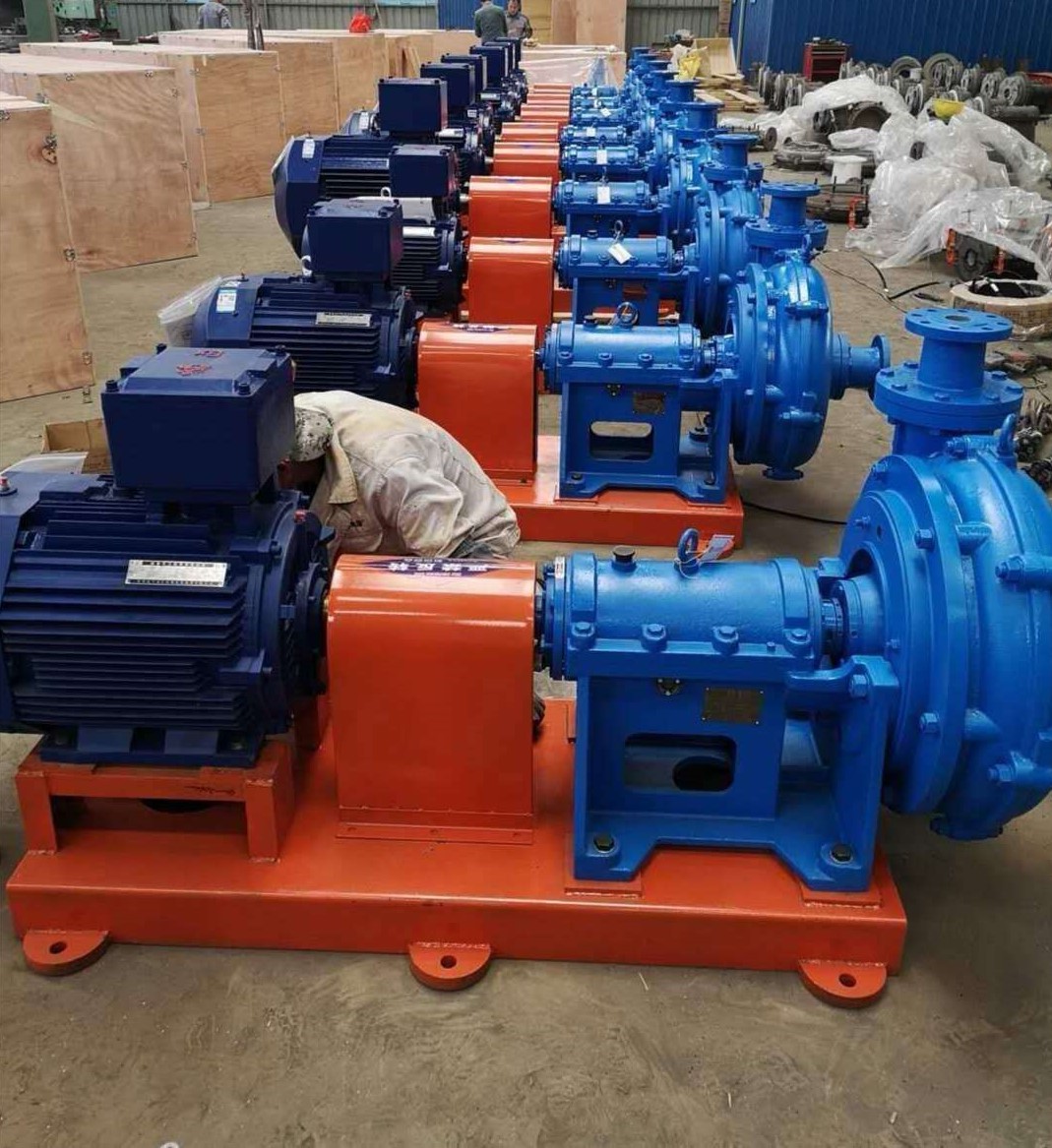Tatar
- Afrikaans
- Albanian
- Amharic
- Arabic
- Armenian
- Azerbaijani
- Basque
- Belarusian
- Bengali
- Bosnian
- Bulgarian
- Catalan
- Cebuano
- Corsican
- Croatian
- Czech
- Danish
- Dutch
- English
- Esperanto
- Estonian
- Finnish
- French
- Frisian
- Galician
- Georgian
- German
- Greek
- Gujarati
- Haitian Creole
- hausa
- hawaiian
- Hebrew
- Hindi
- Miao
- Hungarian
- Icelandic
- igbo
- Indonesian
- irish
- Italian
- Japanese
- Javanese
- Kannada
- kazakh
- Khmer
- Rwandese
- Korean
- Kurdish
- Kyrgyz
- Lao
- Latin
- Latvian
- Lithuanian
- Luxembourgish
- Macedonian
- Malgashi
- Malay
- Malayalam
- Maltese
- Maori
- Marathi
- Mongolian
- Myanmar
- Nepali
- Norwegian
- Norwegian
- Occitan
- Pashto
- Persian
- Polish
- Portuguese
- Punjabi
- Romanian
- Russian
- Samoan
- Scottish Gaelic
- Serbian
- Sesotho
- Shona
- Sindhi
- Sinhala
- Slovak
- Slovenian
- Somali
- Spanish
- Sundanese
- Swahili
- Swedish
- Tagalog
- Tajik
- Tamil
- Tatar
- Telugu
- Thai
- Turkish
- Turkmen
- Ukrainian
- Urdu
- Uighur
- Uzbek
- Vietnamese
- Welsh
- Bantu
- Yiddish
- Yoruba
- Zulu
Telephone: +86 13120555503
Email: frank@cypump.com
Окт . 16, 2024 21:47 Back to list
effluent pumps
Understanding Effluent Pumps The Unsung Heroes of Wastewater Management
In today's world, effective wastewater management is crucial for maintaining environmental integrity and public health. Among the many components of wastewater systems, effluent pumps play a vital role, often operating quietly behind the scenes. Understanding these pumps, their functionalities, and their applications sheds light on how they contribute to sustainable waste management.
What are Effluent Pumps?
Effluent pumps are designed to transport wastewater and other liquid waste products from residential or commercial properties to a treatment facility or a disposal system. They are typically used to move effluent, which is the liquid waste that has been processed through a septic system or similar treatment method. Unlike sewage pumps, which handle raw sewage and solids, effluent pumps focus on moving treated liquids, making them essential for situations where gravity flow is not feasible.
How Do Effluent Pumps Work?
Effluent pumps use a simple mechanism where a motor drives a rotating impeller, creating a pressure difference that pushes the liquid through the discharge line. These pumps handle low solid contents, generally capable of managing particles up to a specified size, often around half an inch in diameter. This feature allows effluent pumps to efficiently transport the liquid waste without causing clogs or other operational issues.
Most effluent pumps come with a float switch that automatically turns the pump on and off based on the liquid level in the tank. This automation is crucial for preventing overflow and ensuring that the wastewater is handled efficiently at all times.
Key Applications of Effluent Pumps
Effluent pumps have a variety of applications in both residential and commercial settings
1. Septic Systems In homes that rely on septic systems, these pumps are integral to moving the treated effluent to drain fields or other disposal areas. They are particularly useful for properties situated in low-lying areas where gravity drainage is inadequate.
2. Sump Pumps Effluent pumps are often utilized in sump pits to remove excess water, especially in basements prone to flooding or groundwater infiltration. They help maintain dry, safe living spaces.
3. Commercial Settings In commercial properties, effluent pumps are utilized for wastewater management systems, ensuring that effluent from kitchens, laundry facilities, and restrooms is transported effectively for treatment.
effluent pumps

4. Industrial Use Many industries generate liquid waste that is not suitable for direct disposal. Effluent pumps facilitate the transportation of these liquids to treatment facilities or holding tanks.
Selecting the Right Effluent Pump
When choosing an effluent pump, several factors must be considered to ensure optimal performance
- Flow Rate Determine the flow rate required for your application. This specification indicates how much liquid the pump can move in a given time.
- Head Height This refers to the distance the pump needs to move the effluent vertically. Understanding the head height helps in selecting a pump that is capable of overcoming gravitational resistance.
- Material Construction The materials used in the pump must be resistant to corrosion and wear, especially if the effluent contains chemicals or abrasive particles.
- Power Source Effluent pumps can be powered by electricity or alternative energy sources, catering to specific installation requirements and user preferences.
Maintenance of Effluent Pumps
Regular maintenance is essential for extending the life of effluent pumps and ensuring their efficient operation. This includes checking for blockages, inspecting electrical components, and periodically cleaning the pump to remove any accumulated debris.
Conclusion
Effluent pumps are indispensable in the realm of wastewater management, ensuring that treated liquid waste is effectively transported to designated treatment or disposal sites. Their role not only helps maintain hygiene and sanitation but also plays a crucial part in protecting the environment from potential contamination. With the right selection and proper maintenance, effluent pumps contribute significantly to a sustainable waste management system, proving that they are indeed the unsung heroes of modern sanitation practices.
-
Horizontal Split Case Pump with GPT-4 Turbo | High Efficiency
NewsAug.01,2025
-
ISG Series Pipeline Pump - Chi Yuan Pumps | High Efficiency, Durable Design
NewsAug.01,2025
-
Advanced Flue Gas Desulfurization Pump with GPT-4 Turbo | Durable & Efficient
NewsJul.31,2025
-
ISG Series Vertical Pipeline Pump - Chi Yuan Pumps | Advanced Hydraulic Design&Durable Construction
NewsJul.31,2025
-
ISG Series Vertical Pipeline Pump - Chi Yuan Pumps | Energy Efficient & Low Noise
NewsJul.31,2025
-
pipeline pump - Chi Yuan Pumps Co., LTD.|High Efficiency&Low Noise
NewsJul.31,2025










